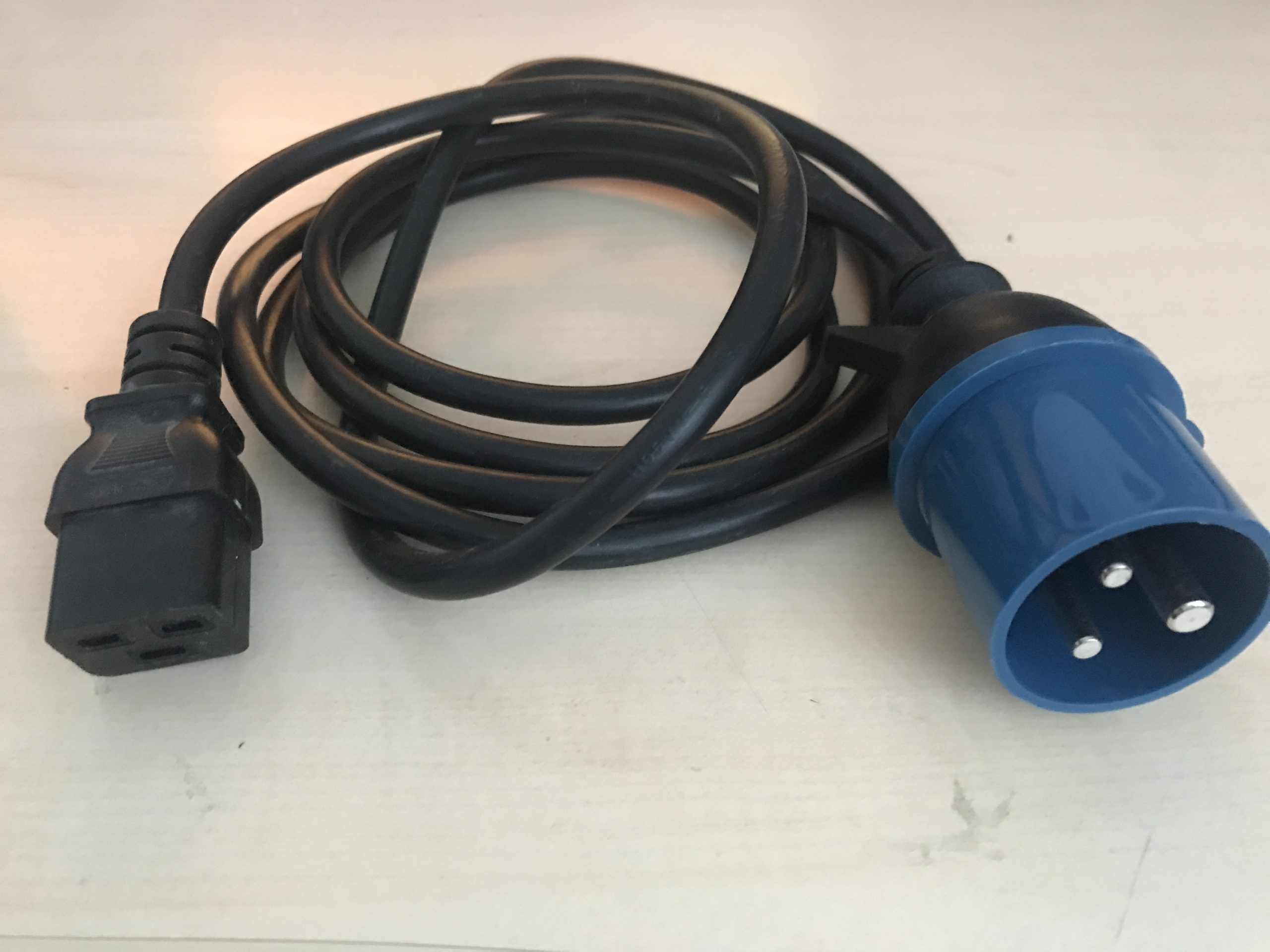Understanding Trojan Infections: Can You Be Compromised Without Opening a File?
Recently, a question emerged that many computer users might find themselves pondering: Can a Trojan horse malware infect your system even if you haven’t opened the file? This inquiry highlights the growing need for computer security awareness, and the scenario gives us an opportunity to delve deeper into how Trojans operate.
The Scenario
A few days ago, I encountered a situation where I downloaded a PDF file. Prior to interacting with the file, I took the precaution of scanning it with VirusTotal, a popular malware detection service. The scan revealed that the PDF was indeed hosting a Trojan. Acting wisely, I promptly deleted the file without opening it. But this incident led me to consider a critical question: Could my computer still be at risk even though I never opened the file?
Understanding Trojans and Their Mechanisms
Trojans are a type of malicious software that masquerades as legitimate programs to deceive users. Unlike viruses or worms, Trojans typically do not spread on their own. Instead, they rely on user action – such as executing a file – to initiate their payload. Most often, once activated, they can perform a range of harmful activities, including data theft, system damage, and unauthorized access.
The fundamental query here is whether downloading a malicious file can compromise your system in any way without it being executed.
Can a Trojan Infect Your System Without Interaction?
In most cases, simply downloading a file does not lead to an infection. When files are saved to your device without being opened or executed, they typically remain dormant. Thus, if you delete the file before launching it, you effectively eliminate the risk of infection tied to that particular download.
However, there are some important nuances to consider:
-
Exploiting Vulnerabilities: Some highly sophisticated Trojans can exploit vulnerabilities in software, allowing them to install themselves without user interaction. This often requires that the user is running outdated applications or an unpatched operating system. Keeping your software updated and using reputable security tools significantly reduces this risk.
-
Email Attachments and Previews: Certain types of files, especially those received as email attachments, can sometimes exploit weaknesses in email clients or browsers when previewed. For this reason, being cautious with email interactions is essential.
Conclusion: Staying Vigilant
To conclude, while the chances of infection without opening a Trojan-bearing file are low, it is crucial to maintain vigilant security practices. Always keep your
Share this content:



